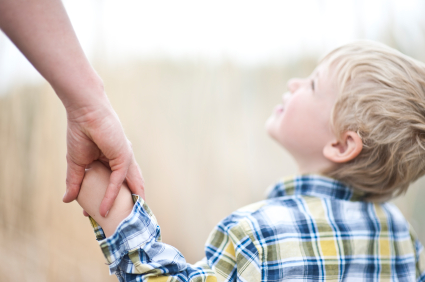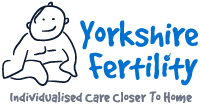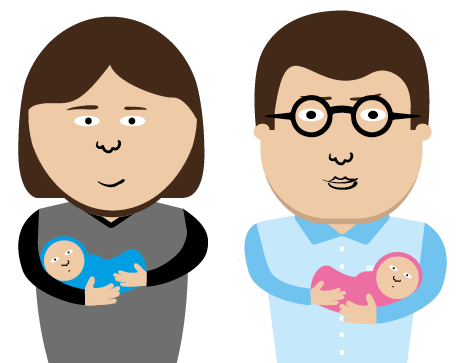In this section
Want to know more?
Website Feedback
We'd love to hear your thoughts on our website. This will help us continue to improve the experience you have while visiting our website and the content we have.
Adoption
Coming to Terms with Infertility
If you have been told that you cannot have birth children, adoption may seem a natural thing to consider. Coming to terms with infertility does however, take time and it is important to give yourself some time to come to terms with your disappointment before moving on to think about other options to achieve having a family. Taking someone else’s child into your home will not exactly meet your desire to having your own and you need to consider carefully if this is the right option for you.
What is adoption?
Adoption is a way of providing a new family for children who cannot be brought up by their own parents or family members. Adoption is a permanent and lifelong commitment which is brought about through a legal process. This process transfers the responsibilities and duties of a child's birth parents to the adoptive parents by the making of an Adoption Order in an appropriate court. The following is intended to provide some basic information about the children needing adoptive families, information about who can adopt and information about how to become an adoptive parent.
Who can adopt?
Anyone who is aged 21 or over and happy to adapt their lifestyle and home to meet the needs of a child can adopt. There is no upper age limit however agencies are looking for adopters who have the physical and mental energy to care for demanding children and whose lifestyle suggests that this will still be the case when the child is a teenager or young adult. Listed below are some requirements for prospective adopting parents.
- Legally resident in the UK, the Channel Islands or the Isle of Man for at least 12 months.
- Single, married, civil partnership or in a stable partnership regardless of gender, sexuality, race, religion or cultural background.
- Home-owner or renting and living in suitable accommodation.
- Waged or unwaged.
- Smoker or non-smoker; but if you do smoke the agency will need to assess if living in a household where someone smokes may have an adverse impact on a child’s health.
National medical advice states that children under 5 years and those with particular medical conditions should not be placed in smoking households.
Having health issues may not exclude you from adopting. Everyone will have a Medical Examination and the agency may seek further medical advice before deciding if you would be able to adopt. Disabled people are not excluded and sometimes experience of disability may be welcomed by agencies.
People from all ethnic origins and religions can adopt although some religions and cultures may have their own perspectives on this.
A record of offences will be carefully looked into but will not necessarily rule someone out unless these offences are against children. Anyone with a criminal conviction or caution for offences against children or for serious sexual offences will not be able to adopt.








